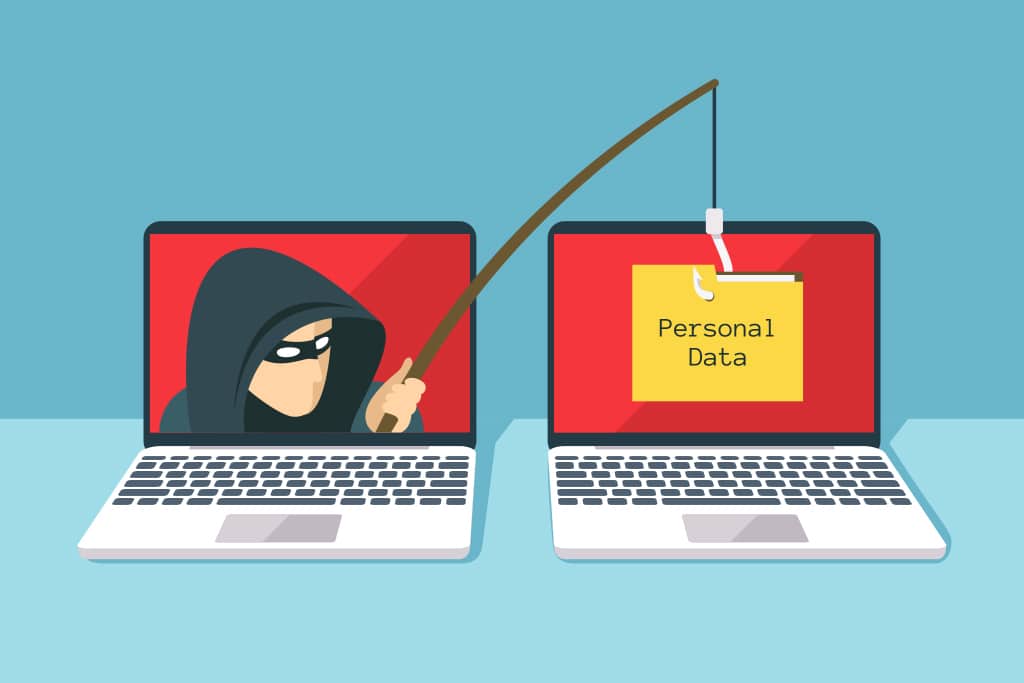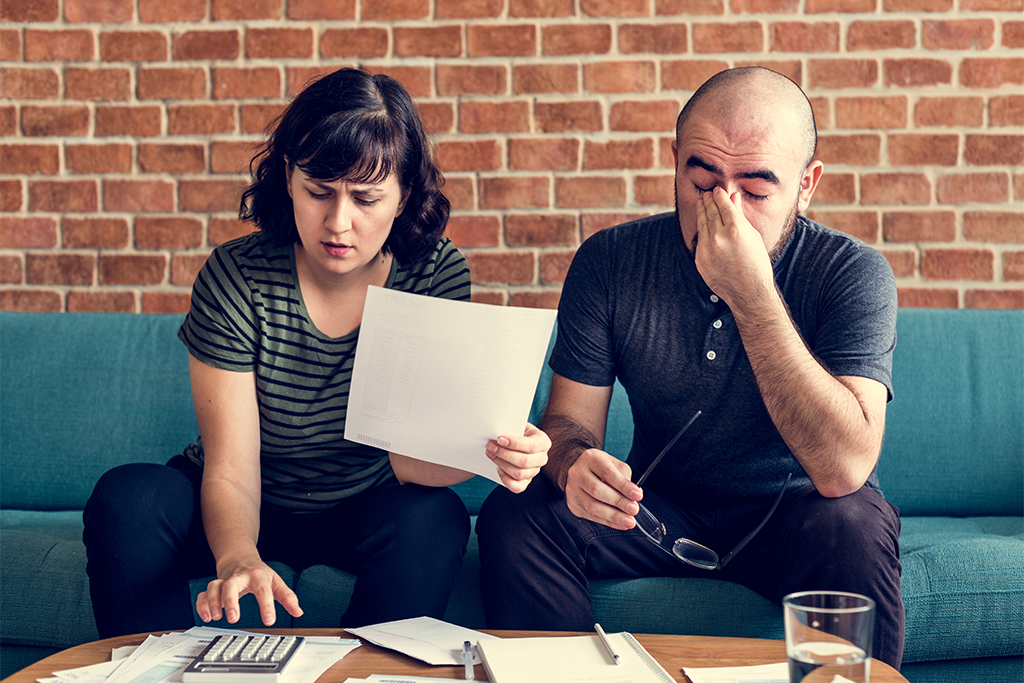
Identity theft scams – how to protect yourself
September 14, 2020
What’s in a name? Financial advisers vs financial counsellors
September 14, 2020Most people would accept that wagering (and losing) $10 on a horse once a year in The Melbourne Cup is a pretty harmless activity, even a bit of fun.
Considered in isolation, that is arguably so. However, such an apparently innocent activity hides a dark side, being the growing number of people addicted to gambling in its many and varied forms, both live and on-line.
An addiction to gambling can be every bit as destructive of lives, relationships, families and mental health as other forms of addiction, such as alcohol and drugs.
If you’d like to read the facts about gambling, we recommend going to this website: gamblinghelponline.org.au. It contains some useful hints about dealing with gambling and outlines the confidential help that is available to members of the public.
There’s a lot on the site, so here are some of the key points.
Putting the odds in perspective
The chance of winning the first division of the lottery is 1 in 13,900,000
The chance of getting all six numbers correct in Powerball is 1 in 54,900,000
The chance of winning the top prize on a poker machine is 1 in 9,700,000
(In fact, there’s a better chance of being struck by lightning than winning the jackpot on a poker machine).
You might think that you can increase chances of winning on the pokies by playing them for longer sessions. Wrong. That’s not how they are designed to work. Or you might think you can improve your chances on the roulette wheel or other games of chance by having numerous spins or rolls. Wrong. Mathematically, each spin or roll is a separate event.
And with sports betting or card playing, while the outcome might be improved by skill level in the short run, the reality is that there are so many variables outside the gambler’s control, that losing is inevitable.
In fact, most people overestimate the chances of winning and forget that that they are much more likely to lose.
The odds of developing a gambling problem
If you don’t gamble, there’s no chance at all
If you gamble occasionally, the chances are 1 in 50
If you gamble once or more a week on non-lottery types of gambling, the chances are 1 in 7.
Here’s a sobering question: If you choose to gamble, what else is at stake besides the money? Quite a lot really, if you give it a moment’s thought. And as an ADF member, problem gambling may even impact your security clearance and ultimately, your job.
Need more information or assistance?
The Defence Family Helpline 1800 624 608 or email [email protected]
For confidential support and advice the Defence Family Helpline is available 24-7 and is staffed by qualified human services professionals including social workers and psychologists.
If you‘d like information, advice and confidential assistance for anyone effected by gambling, go to gamblinghelponline.org.au.
If ever you need guidance or assistance with working through severe financial problems, go to Contact Us on our website. We’ll be more than happy to discuss your problems on a confidential basis and if required, we’ll refer you to a trusted professional in our network who can help.






